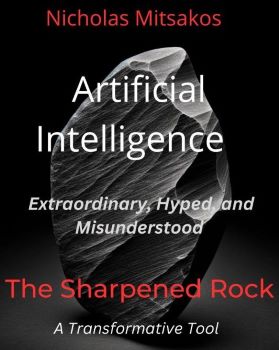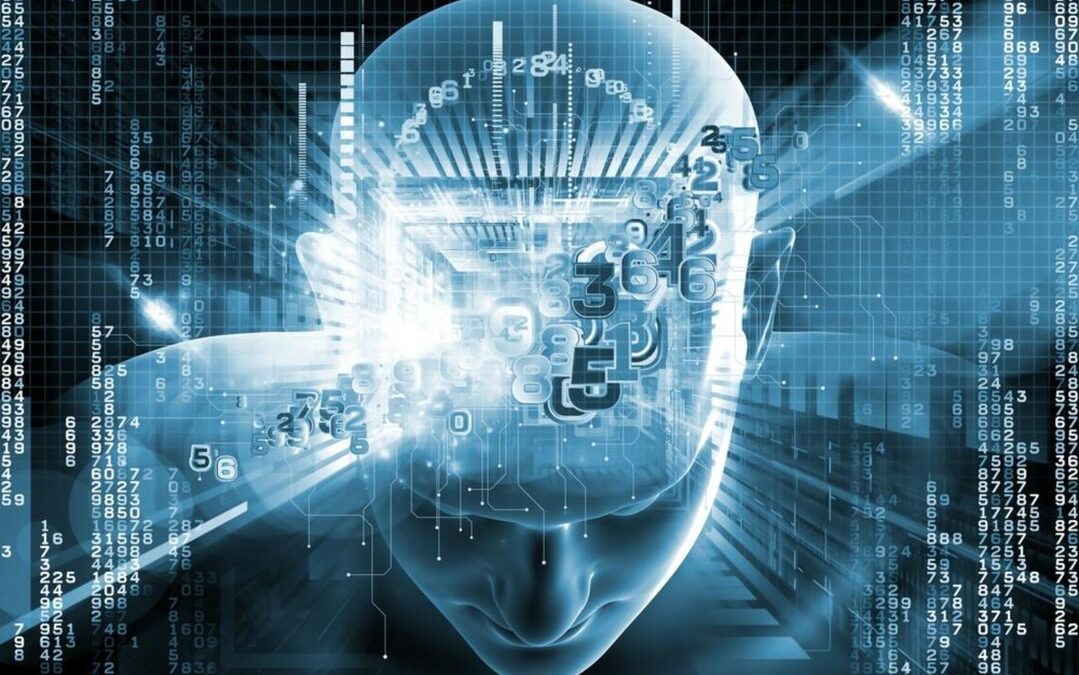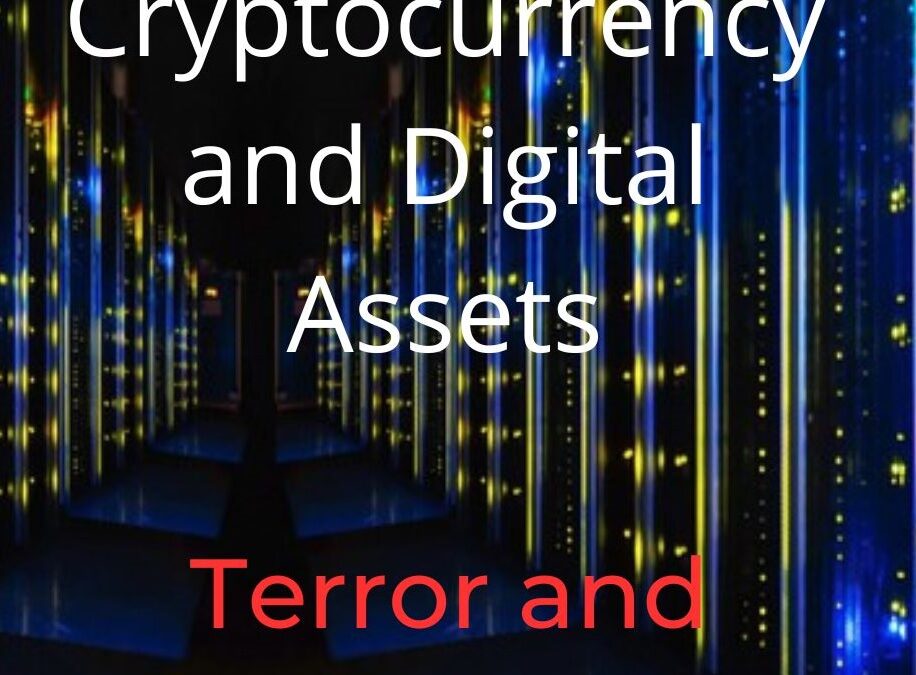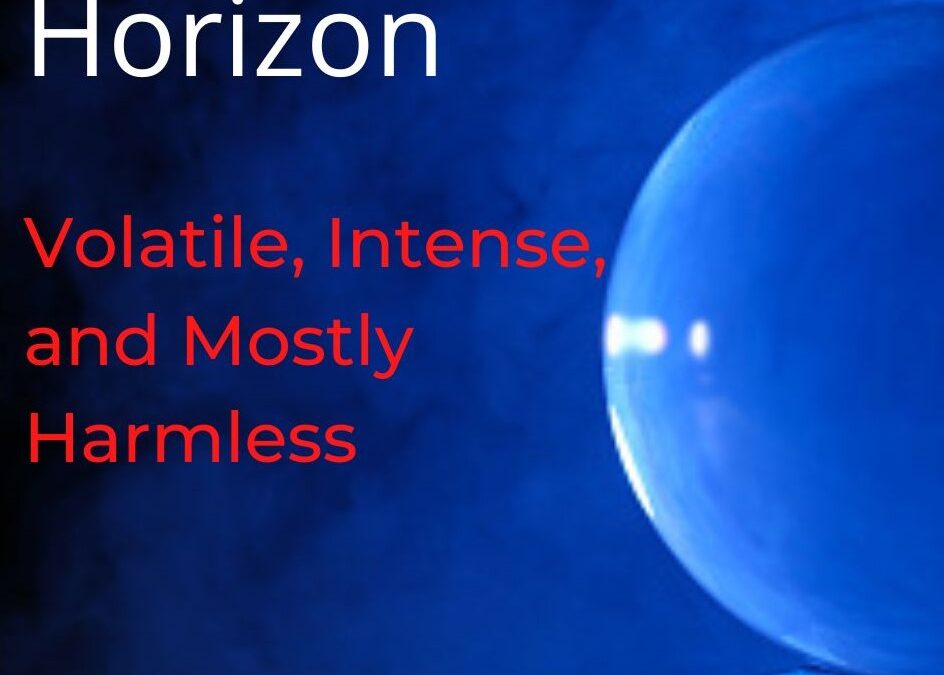
by Nicholas Mitsakos | Artificial Intelligence, Book, drug discovery, Economy, Financial Technology, Green Energy, Transformative businesses, Writing and Podcasts
AI as a powerful tool under human direction, not an autonomous entity with consciousness or emotions. It examines artificial intelligence’s opportunities, limitations, and risks while giving a reality check to the hyperbole and fears.
The first and most crucial principle in understanding AI is recognizing its inherent nature as a tool, a creation of human ingenuity designed to augment, rather than replace, human intelligence. AI systems, at their core, are complex algorithms capable of processing and learning from data at a scale and speed unattainable by human cognition.
However, it is an unprecedented, powerful tool that can permeate every aspect of society, industry, and human ingenuity globally. Its impact can be equivalent to Prometheus giving humans the gift of fire.

by Nicholas Mitsakos | Artificial Intelligence, Book, Book Chapter, Innovation, Science, Technology, Transformative businesses, Writing and Podcasts
Artificial intelligence is poised to significantly impact various fields and activities, transforming how we approach creativity, professional activities, science, and many more domains. Disruption will accelerate the development of new innovative businesses and strategies in finance, medicine, data management, systems engineering, materials science, art, and other industries. AI’s impact will be profound and multifaceted, driving innovation and efficiency and posing challenges regarding ethics, job displacement, and new skills and regulations. As AI continues to evolve, its integration into these areas will likely shape the future of human society in significant ways.

by Nicholas Mitsakos | Book, Financial Technology, Innovation, Science, Technology, Transformative businesses, Writing and Podcasts
Cryptocurrencies soar in value, plunge, hit new highs, are written off, rebound, and hit new highs again, and the cycle repeats. We should be terrified. Over the last five years, cryptocurrencies such as Bitcoin and Ether have outperformed the overall market. However, can the general trend of outperformance last, or will these digital assets drop over 90% like some of its other crypto brethren? Is there a sustainable performance that creates the foundation for either a new currency or a valuable asset class? Probably not. Forces that drive these eye-watering returns seem to be the same as those that drove the social media-driven insanity behind meme stocks such as GameStop. We are seeing social media mobs controlling demand to a limited supply, creating price spikes that look attractive to any speculative investor. Unfortunately, demand can dry up quickly and the price subsequently falls through the floor. Financial markets ruthlessly sort nonsense from substance. Volatility and existential threats have been brutal and extreme for digital assets and the reckoning for crypto has been predicted for some time. However, digital assets are not on their way to history’s dustbin. Reality is more nuanced, and I try to provide a more detailed analysis since a broad brush hardly seems appropriate. The weakest and craziest portions of the crypto world have been exposed as nothing more than silliness. But some valuable components remain resilient and offer tremendous opportunity. I will explore these in detail. There is more cause for optimism than pessimism among the best and the brightest. We will explore these opportunities while harshly dismissing the hype and silliness – avoid the terror of worthless market.

by Nicholas Mitsakos | Book, Book Chapter, Economy, Innovation, Investment Principles, Public Policy, Science, Technology, Trade, Writing and Podcasts
Zero-sum thinking has begun. Despite comparative advantage, mutual cooperation, and specialization proving indisputably more beneficial than any other approach to economic interaction, this ideal is under threat. Rules and norms for economic integration lifted hundreds of millions of people out of poverty, created an order-of-magnitude increase in the average wealth of the Western population, and benefited countless hundreds of millions enabling a way of life otherwise unimaginable post-World War II. Now that system is under threat as developed countries subsidize alternative energy, attract manufacturing via expensive subsidies, and restrict the flow of goods and capital. Mutual benefit is out; national gain is now the highest priority. In other words, stupidity and zero-sum thinking have taken over. A handful of bureaucrats, regardless of how brilliant each may be, can never equal the mind of the market. Management and control usually spell disaster eventually. Managed focus on technological development for products and services the central government believes have greater substantial benefit to the overall society may not be calamitous, but the law of unintended consequences has not been repealed. It will be inefficient, substandard, and create potentially dangerous side effects. Innovation, creative freedom, and unstructured thought are essential components to the development of any technology of substance and disruptive benefit.

by Nicholas Mitsakos | Artificial Intelligence, Biotechnology, Book, China, commodities, Digital Assets, Economy, Financial Technology, Public Policy, Russia, Technology, Transformative businesses, Writing and Podcasts
This book explores the next decade’s more frequent and intense economic, geopolitical, fiscal, and market volatility, technological innovation, disruption, and hype.
Long-term opportunity exists, and this book uses a 10-year horizon as a surrogate for a long-term perspective. Some of the world’s most important industries are being disrupted, especially finance via digital assets and Blockchain-based businesses, life sciences via gene editing, DNA sequencing, and CRISPR, and communications via advanced wireless data networks, software technologies including artificial intelligence, and new interactive platforms such as the Metaverse.





